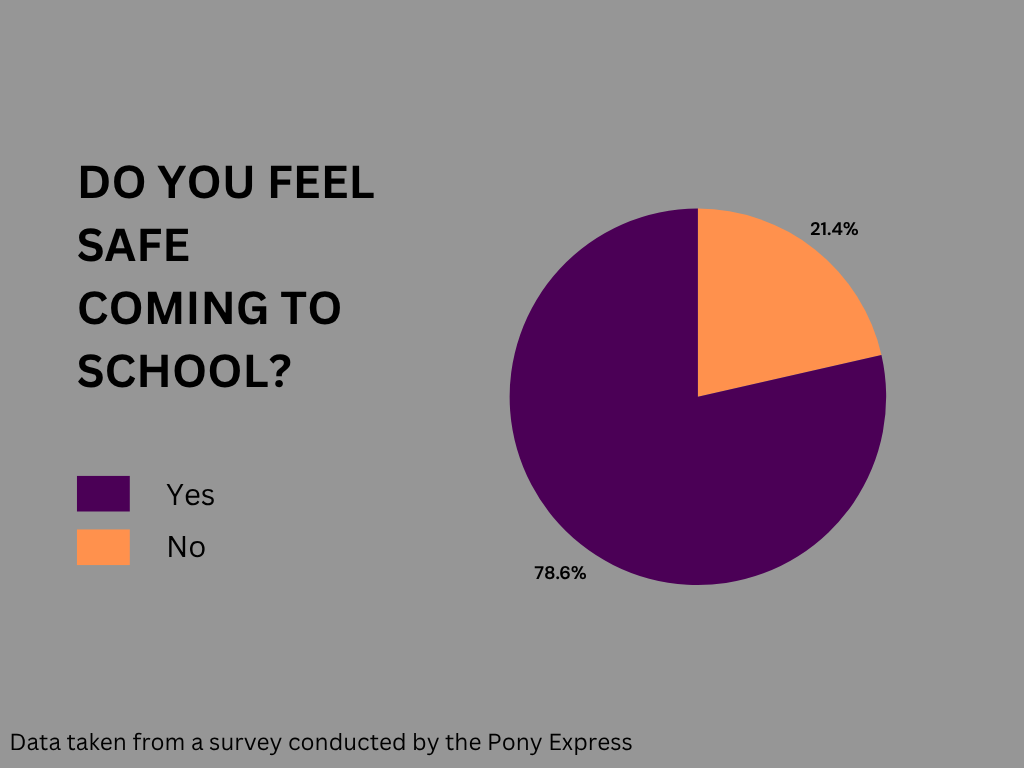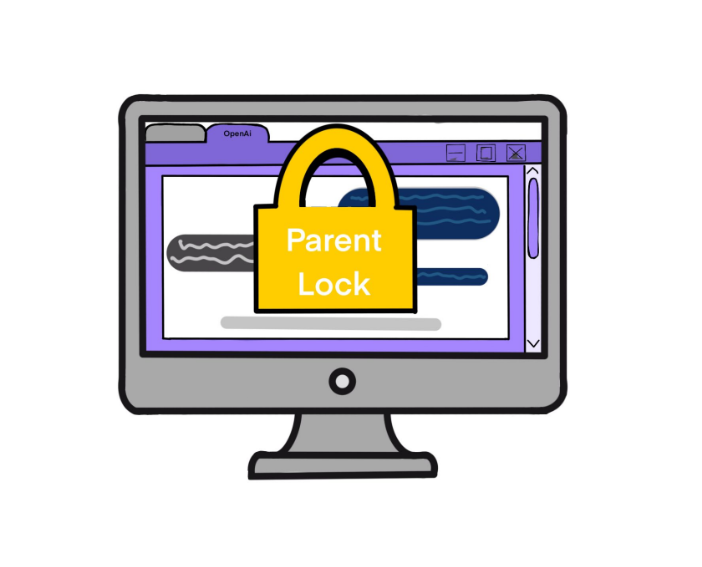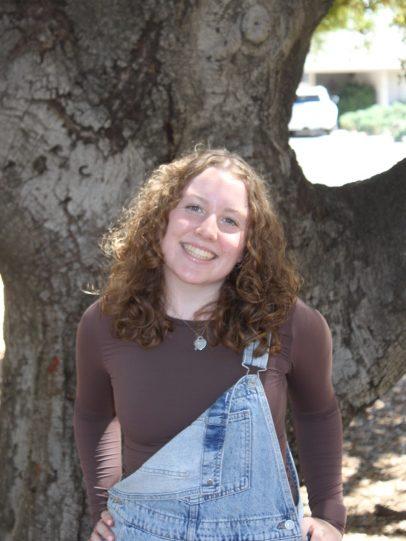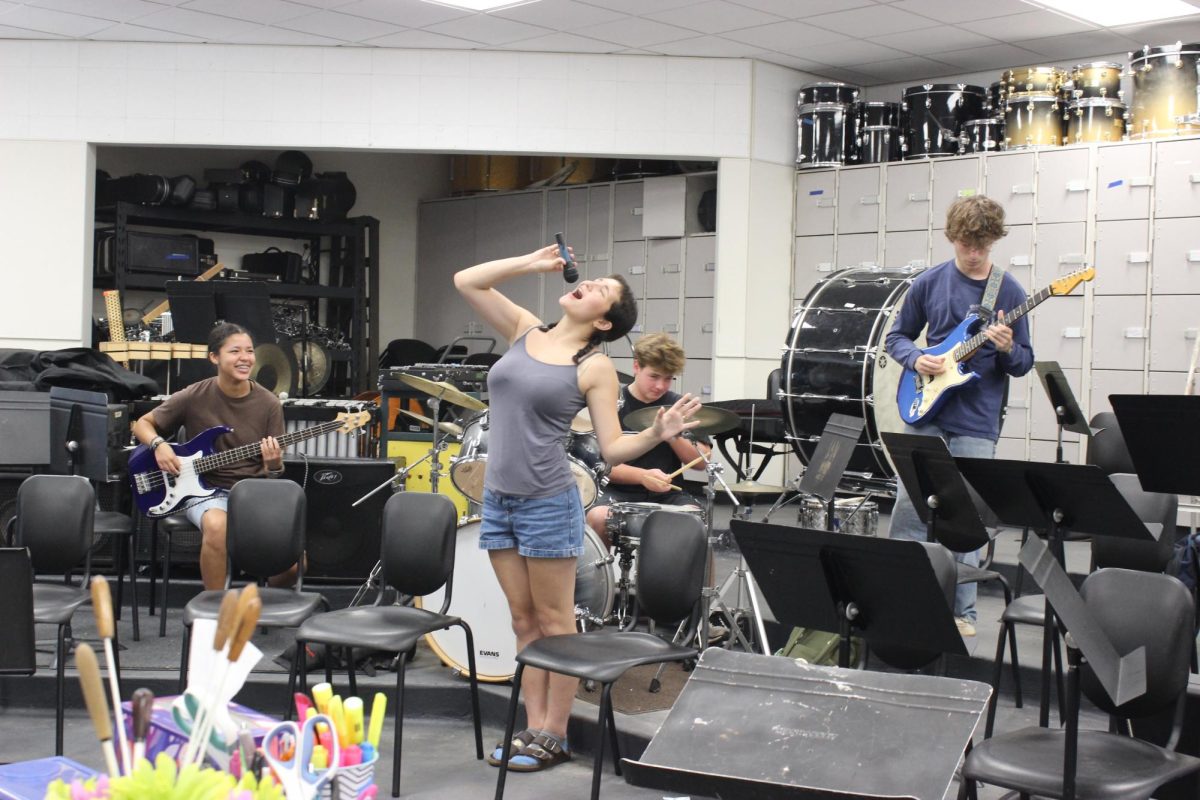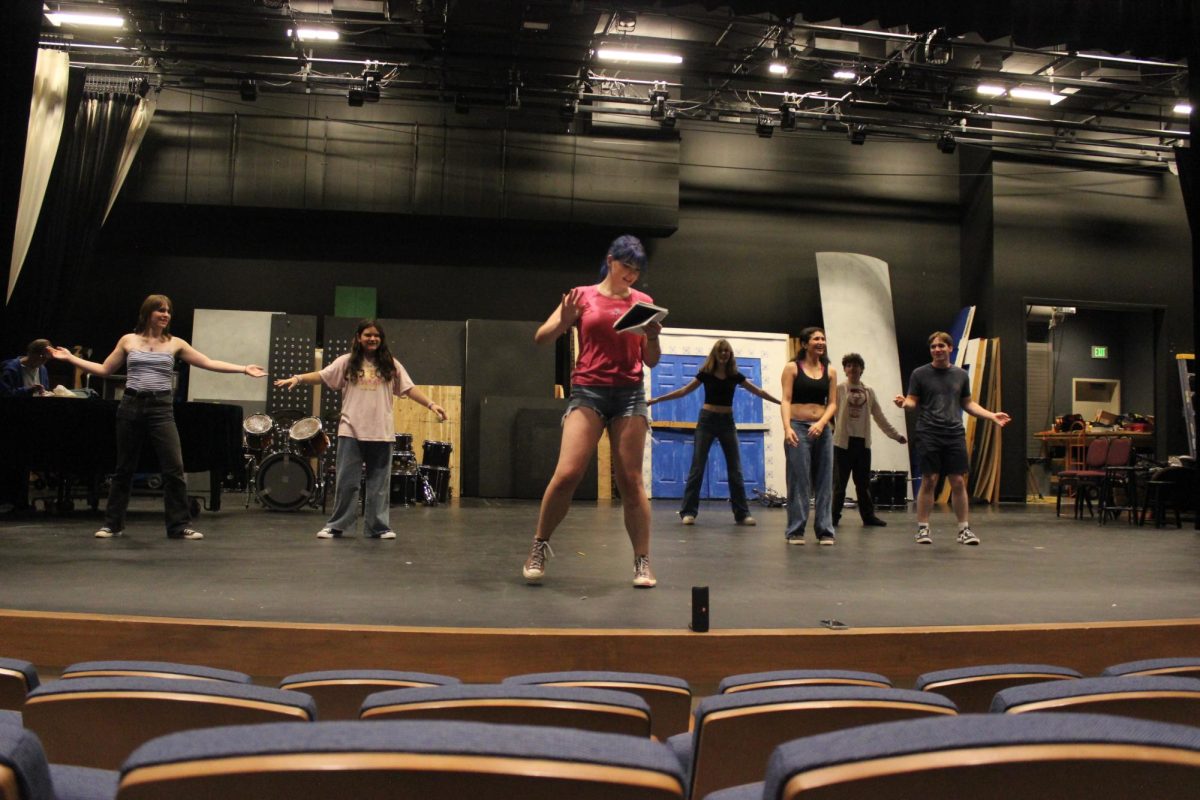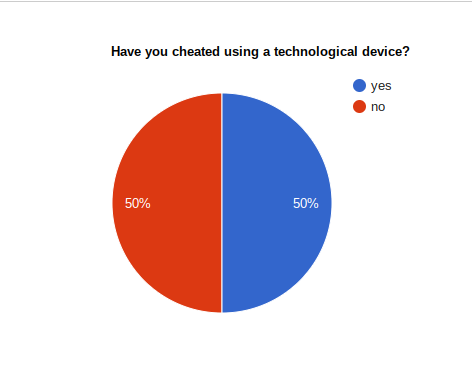Over 95 percent of high schoolers in the United States have admitted to cheating, according to the International Center for Academic Inquiry. The center identified that the main cause of cheating is the push for students to obtain a higher GPA.
Although many students cheat in high school, only on rare occasions do students actually get caught for it. The Open Education Database shows that 92 percent of students succeeded in their efforts to cheat without the teacher noticing.
AP Physics teacher Timothy Blok believes that there should be stricter rules to address cheating.
“Depending on the [severity of] cheating, I think they should lose at least one or more of their credits,” Blok said. “So if it is a five credit class, it should go down to three of four credits, depending on the offense.”
Currently, if a teacher catches a student cheating, the student will receive a zero for the assignment. Then, the teacher will write a letter that is signed by that teacher and the administration, and then sent home to the student’s parents. After their first offense, the teacher puts a copy of the letter in their file. If the student cheats again, even if it is in a different class or in a different year, that is considered a second offense. For a second offense, the student’s grade is reduced by one letter grade in the class and if the second offense takes place in an AP class, then the student will be removed from the AP course. Lastly, if the student cheats for a third time, then the student will receive an F in the class, and may be suspended depending on the severity of the offense. If a student cheated in college, however, they would be expelled immediately.
“If [cheating] was a strict policy, students would do a better job to avoid the consequences,” Sims said.
Multiple studies highlight a correlation between taking harder classes in high school and cheating, shining a light on why some students may be pushed towards cheating as a last resort.
“Generally, in classes where there is a higher expectation with more risk, it’s been my experience that cheating is higher in those [AP] courses,” Sims said.
In the early 2000’s, the majority of students who cheated in class consisted of primarily students that struggled with taking tests and completing work on time. According to researchers at the University of Toronto, praising young kids and teenagers for “being smart” promotes cheating and contributes to why cheating is as prevalent as it is.
Now that college admissions have become more competitive and taking AP classes is more common, studies show that the students who cheat in high school now are the students who are trying to attain the highest GPA. Since course credits and graduation depend on a student’s passing grade, many students believe they need to cheat to get good grades and get into a good college. The Open Education Database found that students who cheat have on average a 3.41 GPA, compared to the 2.85 they would have if they did not cheat.
Sims believes that if there are stricter stricter rules, than less students will cheat, but for some advice to students, he said, “Nothing good comes from cheating- you wouldn’t want your dentist to cheat or your brain doctor to cheat, so take what it is and learn from it.”
